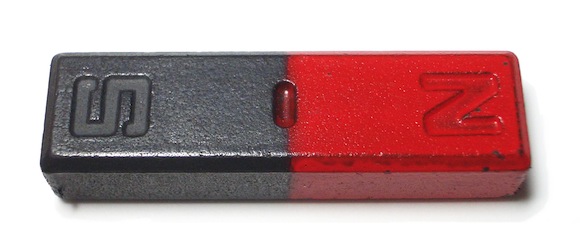Turns Out Rude Internet Comments Make Readers More Polarized. Act Surprised, Why Don’t You?
the internet is serious business

Or, at the very least, internet comments make us more polarized about scientific findings. According on an online (where else?) survey, readers who saw an article on a politically neutral scientific subject followed by a batch of rude comments were more likely to develop rigid ideas about the subject right there and then than folks who read the same article accompanied by comments that were politely disagreeing.
The researchers conducted an online survey of a nationally representative sample of 1,183 Americans. The participants read a neutral blog post from a Canadian newspaper that described risks and benefits of a particular use of nanotechnology, an interdisciplinary field of science dealing with things at the nanometer (one-billionth of a meter) scale. The researchers chose nanotechnology because it’s a topic on which most people haven’t formed political opinions.
Participants saw different versions of the story — the blog post itself was the same, but each version contained either civil or uncivil comments. For example, an uncivil comment might be, “If you don’t see the benefits of using nanotechnology in these products, you’re an idiot.” Civil comments made the same argument using polite language. After reading the blog post, the participants were asked to fill out a survey about the blog and comments, their views of the risks and benefits and other information.
Their results showed that the readers who saw rude comments with the posts came out of the experience significantly more polarized about the risks of nanotechnology than otherwise, although how religious the reader was and whether they had any previous knowledge or support for nanotechnology research could skew those results.
Now, the benefits of a civil commenter community are pretty well known and accepted, if only because moderators and blog runners alike prefer to keep their stress levels low. But this is a particular point of interest for scientific reporting. Note that the quality of the article or the clarity with which it presented its ideas was largely irrelevant here: the quality of the comments section had a measurable effect on the opinions of the reader. It would be interesting to see a study with some sort of control for the article, to see if a more or less stridently written piece would be able to match up to the opinion-causing power of its comments section.
With so much of today’s media open to comment sections, the idea that it’s not the quality of the way that you, the expert, reporter, or researcher present your facts but whether or not people in the comments are calling each other names that makes people form and hold their opinions is an unnerving one.
PS: All I ask is that if you get into an admittedly thematically appropriate fake argument in the comments on this post, you make it as clear as possible that it is a fake argument. My blood pressure thanks you in advance.
(via LiveScience.)
Have a tip we should know? tips@themarysue.com